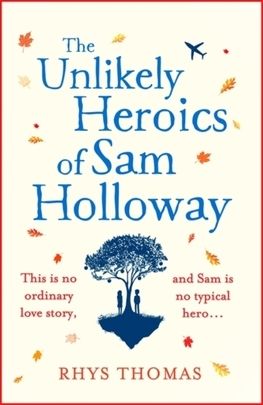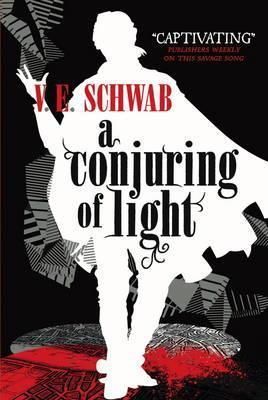- Počet strán: 347
- Väzba: mäkká, brožovaná
- EAN: 9780192832610
- Jazyk: anglický
- ISBN: 0192832611
- Dátum vydania: 4. októbra 2011
- Vydavateľstvo : Oxford University Press
OWC Journal of a West India Proprietor
Lewis Mathew
Every man of humanity must wish that slavery, even in its best and most mitigated form, had never found a legal sanction, and must regret that its system is now so incorporated with the welfare of Great Britain as well as of Jamaica, as to make its extirpation an absolute impossibilitiy, without the certainty of producing worse mischiefs than the one which we annihilate. Matthew Lewis is best remembered as the author of the sensational Gothic novel The Monk (1796). He was also a slave-owner, inheriting two large plantations and visiting Jamaica twice in 1815-16 and 1817-18, primarily to investigate the living and working conditions of his slaves. His anecdotal record, the Journal of a West India Proprietor, was not published until 1834, nearly twenty years after his death from yellow fever on the second return voyage. Warmly praised by Coleridge, the Journal's vivid descriptions and lively, self-deprecating tone make it one of the most readable accounts from a slave-owners perspective of plantation life. Yet, although Lewis emerges as a humane and enthusiastic chronicler, his omissions are as significant as the carnivalesque vignettes he sketches, and, for all his geniality, he is unable to break through the framework of imperialist discourse. Situated between the eradication of slavery under British imperialism in 1807 and emancipation in 1834-1838, the Journal of a West India Proprietor records a colonial encounter, between slave-holder and slaves, at a significant historical moment. This unique edition provides full contextual background and includes Lewis's verse narrative The Isle of Devils, as well as a telling last letter and extract from his papers.
- Počet strán: 347
- Väzba: mäkká, brožovaná
- EAN: 9780192832610
- Jazyk: anglický
- ISBN: 0192832611
- Dátum vydania: 4. októbra 2011
- Vydavateľstvo : Oxford University Press
Every man of humanity must wish that slavery, even in its best and most mitigated form, had never found a legal sanction, and must regret that its system is now so incorporated with the welfare of Great Britain as well as of Jamaica, as to make its extirpation an absolute impossibilitiy, without the certainty of producing worse mischiefs than the one which we annihilate. Matthew Lewis is best remembered as the author of the sensational Gothic novel The Monk (1796). He was also a slave-owner, inheriting two large plantations and visiting Jamaica twice in 1815-16 and 1817-18, primarily to investigate the living and working conditions of his slaves. His anecdotal record, the Journal of a West India Proprietor, was not published until 1834, nearly twenty years after his death from yellow fever on the second return voyage. Warmly praised by Coleridge, the Journal's vivid descriptions and lively, self-deprecating tone make it one of the most readable accounts from a slave-owners perspective of plantation life. Yet, although Lewis emerges as a humane and enthusiastic chronicler, his omissions are as significant as the carnivalesque vignettes he sketches, and, for all his geniality, he is unable to break through the framework of imperialist discourse. Situated between the eradication of slavery under British imperialism in 1807 and emancipation in 1834-1838, the Journal of a West India Proprietor records a colonial encounter, between slave-holder and slaves, at a significant historical moment. This unique edition provides full contextual background and includes Lewis's verse narrative The Isle of Devils, as well as a telling last letter and extract from his papers.

202 267 kníh na sklade ihneď k odoslaniu

Poštovné zadarmo pre nákupy od 20€

Rezervácie v 61 kníhkupectvách























